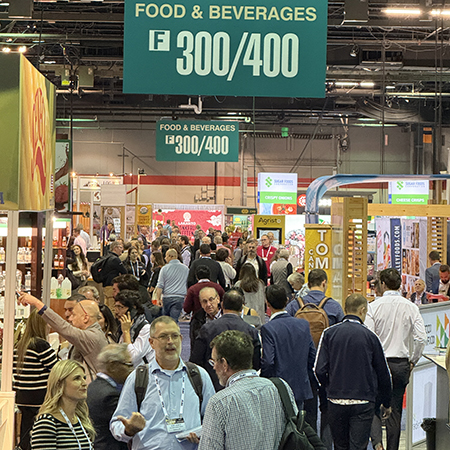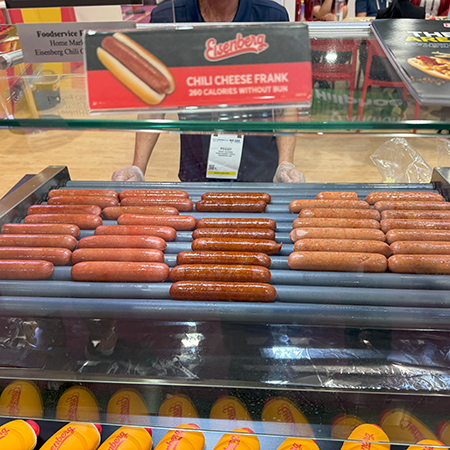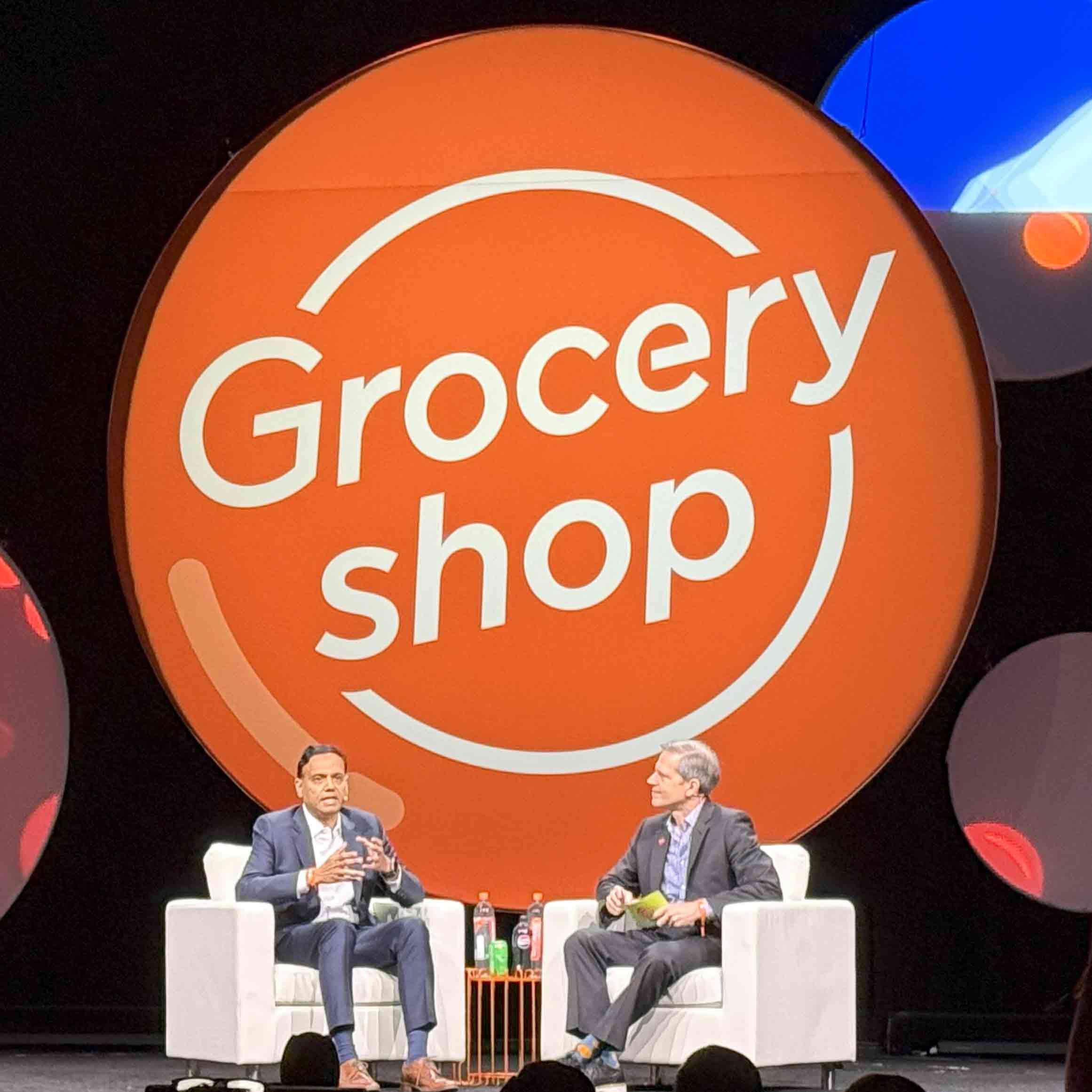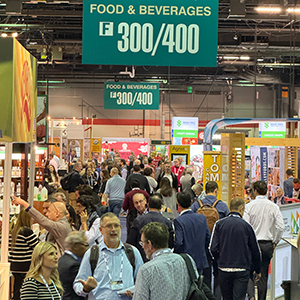
PLMA 2024: Breaking Records, Building Relationships, and Shaping the Future of Private Label
The 2024 Private Label Manufacturers Association (PLMA) trade show in Chicago was nothing short of extraordinary, with record-breaking attendance and a dynamic energy that radiated across the packed show floor. Retailers turned out in droves, invigorating conversations and filling the venue with a sense of purpose not seen in years. It wasn’t just the buzz—it was the business.
Capacity Crunch and the Shift to Strategic Partnerships
The backdrop to this year’s show was clear: manufacturing capacity has tightened, leaving less capacity for future private label growth than in years past. Manufacturers now face intense competition for production line space, pushing retailers toward long-term commitments.
A prime example came from the keynote speech delivered by Aldi’s President of the Americas. Aldi’s foot traffic is up 30% from last year, and they’re planning a 30% expansion in store count over the next few years. This level of growth demands a fundamental shift from transactional supplier relationships to three- to five-year commitments that ensure production space is available to support expansion. Aldi—and many other retailers—are seeking partners who can grow with them, ensuring they secure the production capacity they need.
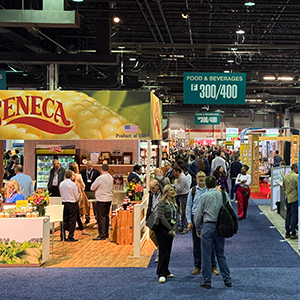
Specialty and Premium Store Brands Products in Demand
As private label sales continue to soar, retailers are looking to differentiate their assortments. The demand for innovation was palpable on the show floor, with buyers seeking premium, specialized products to entice new customers. Whether it was unique flavors, cutting-edge packaging, or entirely new categories, the search was on for that next standout addition.
Filling Private Label Assortment Gaps with Precision
In a capacity-constrained environment, manufacturers are moving away from slow-turning SKUs and low-volume accounts, leaving noticeable gaps in retailers’ assortments. Products that were once seen as brand-defining but less productive—like niche organic offerings—are now harder to come by. Retailers weren’t just browsing; they were on targeted missions for specific items, underscoring the evolving dynamics of product sourcing.
The Vibrancy of Store Brands Growth
The mood was overwhelmingly positive—four years of steady sales growth, with some categories up 50% from 2019, have reinvigorated the industry. Retailer brands are thriving, and continue to capitalize on consumers’ desire for value. The enthusiasm on the floor reflected an industry brimming with confidence and opportunity.
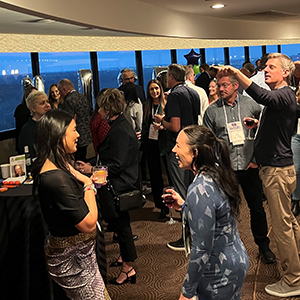
Looking Ahead to 2025 and Beyond
The PLMA trade show reaffirmed the vitality of private label and its trajectory for continued growth. It’s a space filled with challenges and opportunities—whether it’s securing production capacity, finding the next hit product, or adapting to new consumer behaviors. One thing is certain: the private label industry is growing, and those who adapt will continue to grow their sales and increase the share.

Side Note: The Changing Social Landscape of Trade Shows
This year marked a noticeable shift in Retail attendee behavior: more buyers flew in for the day, bypassing the traditional dinners and social engagements that often foster deeper connections. In a year where retailers are focused on building long-term relationships with manufacturers, it felt odd that they treated the tradeshow experience as transactional and as a place to do business, but not a place to build relationships. This approach is efficient, effective, and highly transactional, but the lack of a social element raises questions about how series retailers are with building relationships. If this trend continues, it’s clear that the industry will need innovative approaches to keep relationship-building alive.
Engaging Discussions Enable Confident Decisions®
When you’re busy with the daily demands of your job, it’s easy to overlook the opportunities that will drive long-term growth. When you become a member of a Drive Wheel peer group, you can identify new strategies, reduce risk, and make confident decisions that will grow your business faster and more strategically.
We host two-day in-person meetings twice a year where leaders discuss their new strategies, innovation plans, and business challenges to get feedback from their peers. Members leave the meeting knowing they have thought about their idea from every angle. Between meetings, we conduct benchmarking studies and weekly news roundups to keep our members informed about changes in the industry.


